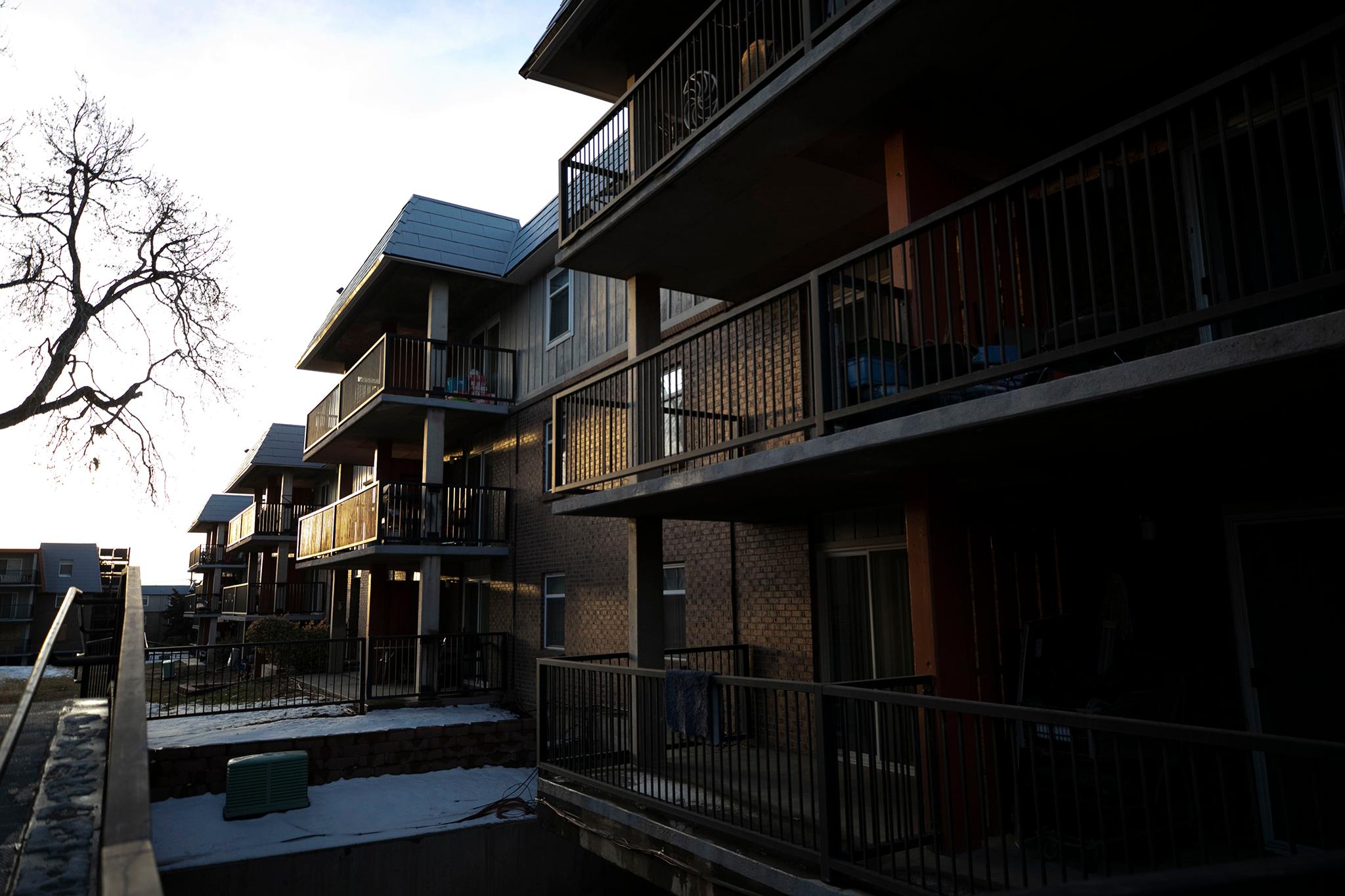Landlords of multi-unit properties should have registered those units with the city by Jan. 1, 2023. The city has sent out warnings in recent months to those who have not.
And this week, fines could be coming to landlords who were warned and still failed to register their multiunit properties with the City of Denver.
The new program is designed to give the city more oversight of the conditions of rental units and a better sense of how many rentals exist in town -- something the city has not historically tracked.
Landlords renting single-unit homes have until Jan. 1, 2024 to register their properties.
The program is more successful than the city initially expected, after many landlords were seemingly dragging their feet.
"Our licensing compliance rate is growing by the day, and we are surpassing our estimates of where we would be at this point as we implement the largest expansion of required business licensing in city history," wrote Eric Escudero, a spokesperson for the Department of Excise and Licenses, in an email.
There have been 5,131 total licenses issued, 3,519 of which are for multi-unit residential rental properties and 1,612 for single-unit rentals.
There were 1,641 applications in December, 815 in January, 636 in February, 774 in March and already 385 in April.
Another 376 applications are under review. Of those, 64 are for single-unit properties, and 312 are for multi-unit properties that were required to be licensed as of Jan. 1, 2023.
"In total, 113,000 residential rental units in Denver are in buildings that are licensed and have completed the required inspection process to verify they have minimal standards," Escudero explained.
Landlords who register their apartments are required to pass an inspection.
If they don't pass, they are required to upgrade their units before they are in compliance with the city. And as the formation of tenant unions proves, there is a demand for better, healthier and safer rental units.
"It is becoming much harder for slumlords to operate in Denver," he said.
The licensing program will give lawmakers a better understanding of how many residential rental units are in the city, which could help them have better data to use in creating housing policy.
"This program is on track to become the catalyst for the most major upgrade in residential rental living standards in Denver history and one of the most beneficial licensing requirements in the history of the Mile High City," Escudero wrote. "If we continue to have the early success we are having, this may be one day regarded as one of the most beneficial pieces of legislation passed in the history of Denver if judged by how many people are positively impacted."











